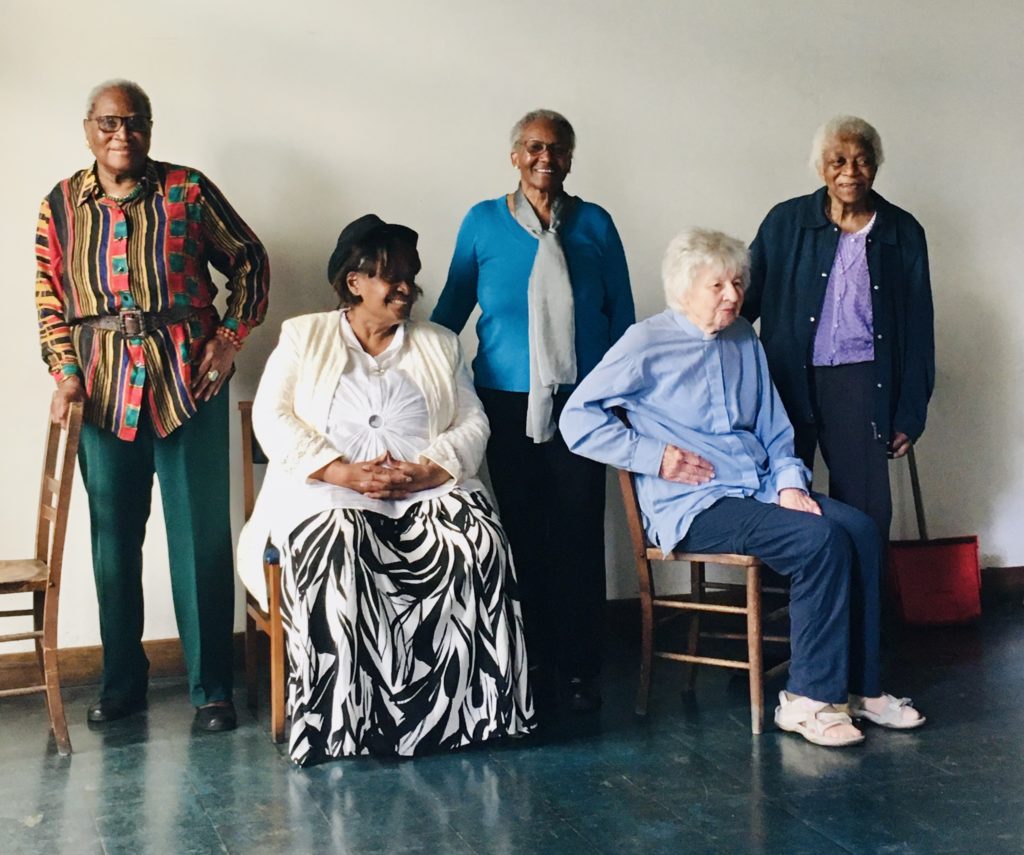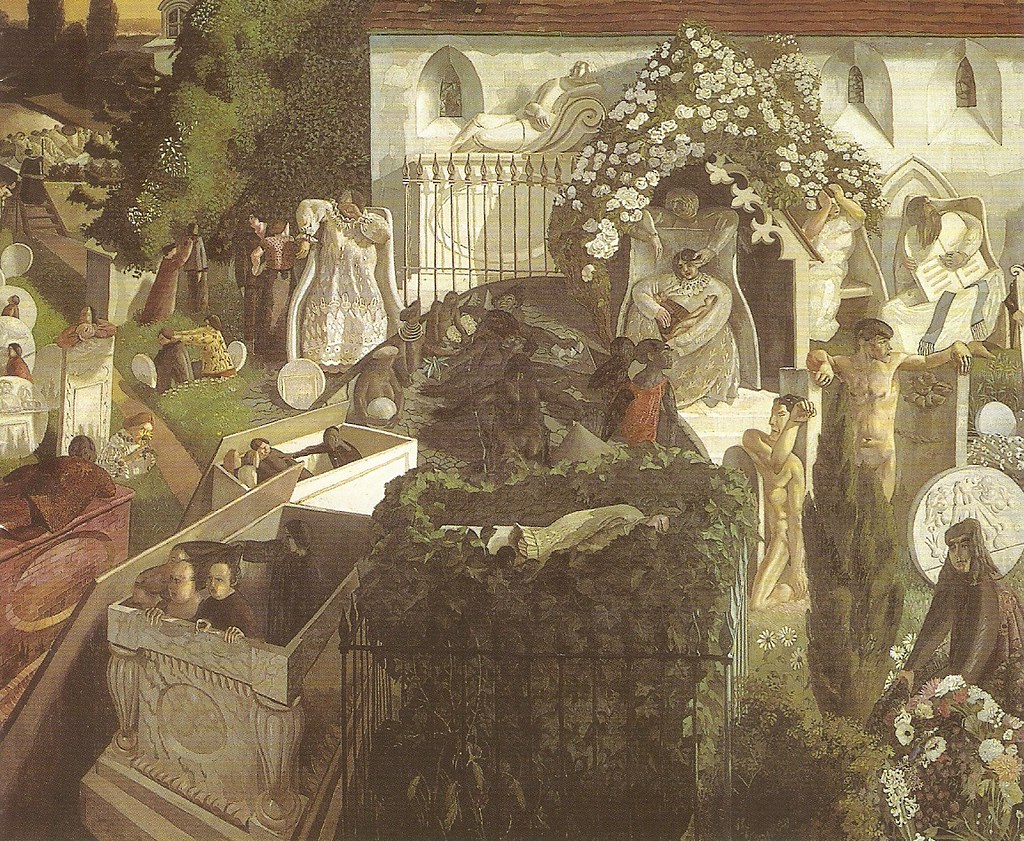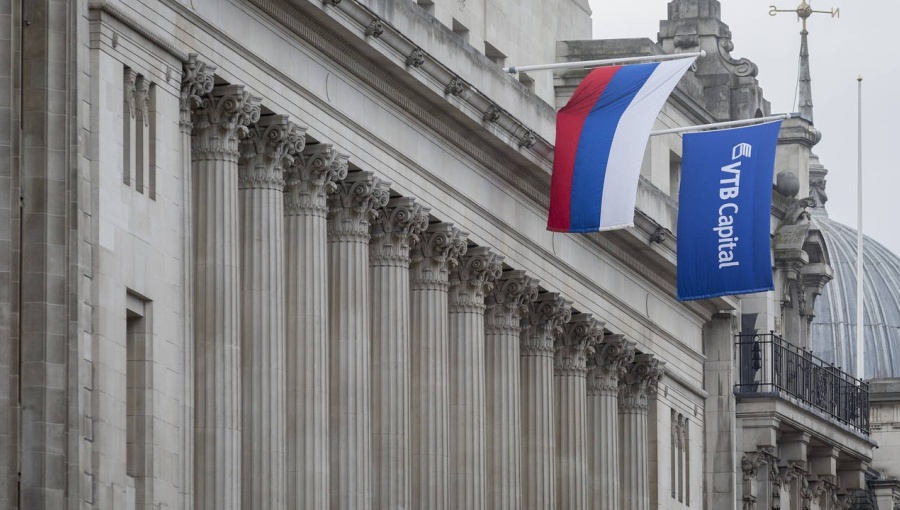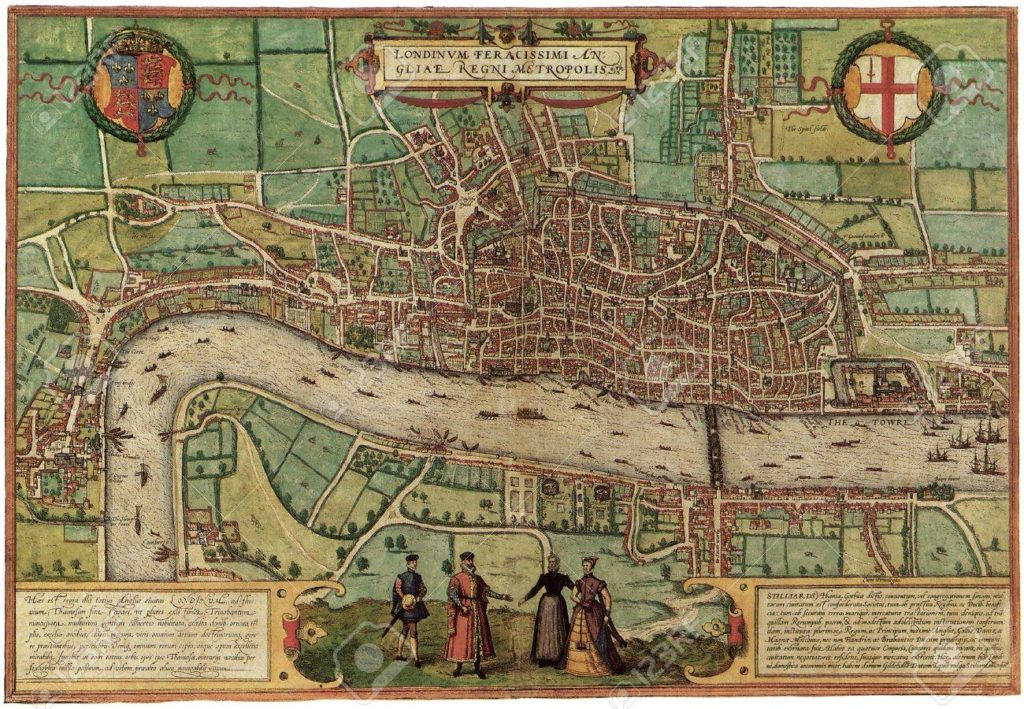Welcome To Portsoken
First published in the Observer Sunday 1 June
The Lord Mayor of the City of London, Fiona Woolf, hosted a conference in her official residence opposite the Bank of England, last week. There was a stellar cast: former presidents and current governors of this and that as well as kings-in-waiting. Although now an elected member of the City of London Corporation I was not invited to our Mansion House of Liberty for this summit on the need for inclusive capitalism. It was a somewhat exclusive affair. Not even Bono was there.
Tonight, however, the Lord Mayor is coming to an event in my own ward, Portsoken, and she is billed to talk about moral standards in leadership and public office. This is good news as I could do with a bit of advice on this front. Having recently been elected as the first Labour councillor in the City of London (ever) and the first party political representative (in living memory) in a Guildhall of 124 “independents”, I have not yet won over my detractors.
They are super-suspicious of what I’m up to. Whereas I have an agenda they, of course, have none. At a recent open meeting convened by the City of London to address the concerns of residents (ie my “constituents”) the participation officer prevented me from speaking for fear that I should get on my high horse and introduce “politics” into the proceedings.
My unasked question was about the broken shutters to the car park. In City of London terms Portsoken ward is an anomaly. Whereas the rest of the Square Mile accommodates the tall towers of the financial services, Portsoken has two social housing estates, a primary school and a straggle of small businesses.
It’s ethnically very diverse. There are poor people who live here as well as rich people who work here. It has rough sleepers and some drugs problems as well as young families wondering where to find a piece of grass to kick a football.
It is full of the very people my party leader might refer to as “hard working Britain” – only they’re not so much better off as pissed off. They like living or working in the City but wonder whether the financial services is an industry that serves them or just itself.
They see that the City of London Corporation has immense resources which it uses to subsidise its private schools, to lobby for light touch regulation in its financial institutions and to host high-level conferences on inclusive capitalism, but not to fix the broken shutters that compromise security on their housing estate. In many ways Portsoken is the ward in the City of London that stands for the rest of the country.
What, then, does it mean to represent these people and these interests as a Labour councillor in the City of London? A few thoughts.
First, it means making the case for residents – not only their needs but also their capacities. Certainly there are individuals that our systems (which always prefer computers to people) have left behind, but there are also those in Portsoken who have ideas, energy, time and talent but scant access to resources. How to marry the two?
It also means making the case for workers. Unlike every other jurisdiction in the land, City workers actually get the vote according to a formula that requires that a firm’s voting appointments reflect the composition of its workforce. Many firms ignore this and just send their bosses to the polls and everyone looks at their shoes. The City needs to ensure that not only is it a Living Wage jurisdiction but also that the interests (and expertise) of the entire workforce are represented in its voting arrangements and not just the interests of capital.
Finally, it means making the case for politics. When the Lord Mayor visits Portsoken this evening to talk about moral leadership in public life maybe she will recall that its name is an Anglo Saxon word that combines the meaning of “port” or town with that of “soke”, a voting district. In other words Portsoken means urban democracy.
There may after all be a clue here as to how she and her friends can tether capital to serve the Common Good.

 Previous Post
Previous Post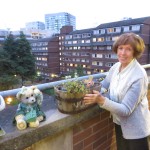 Next Post
Next Post